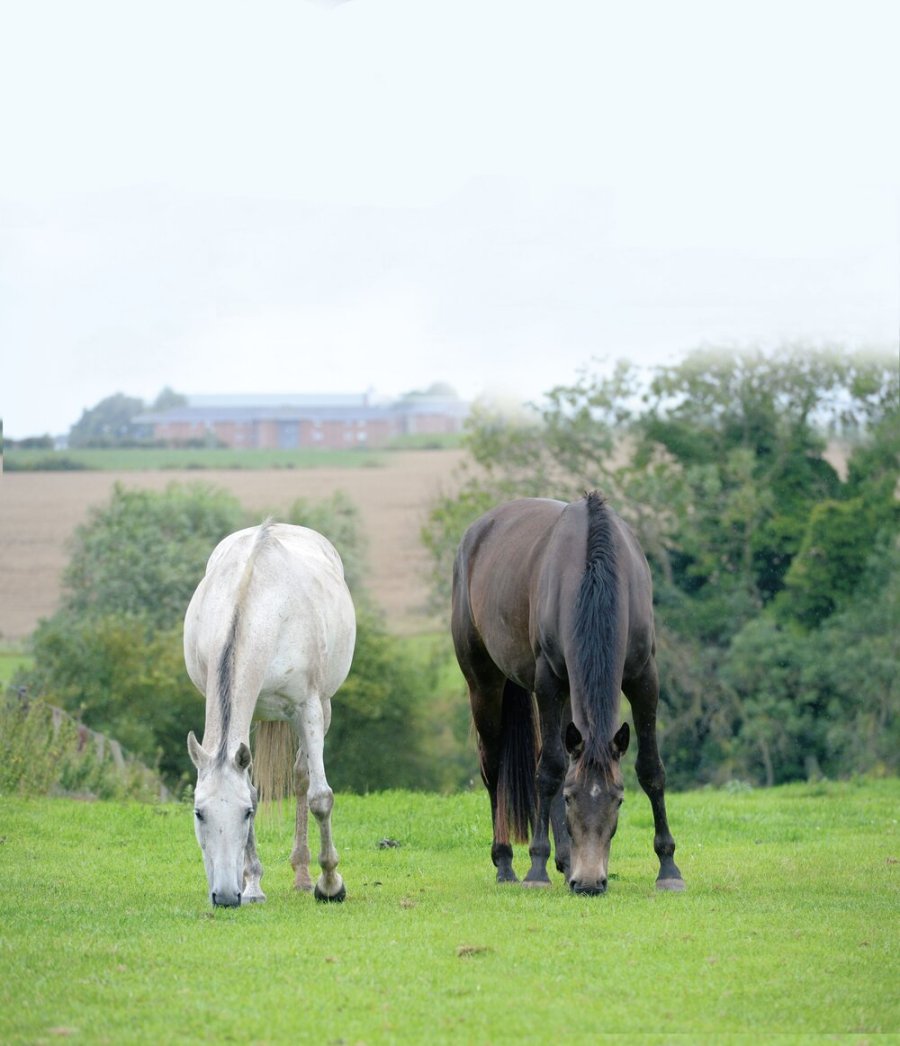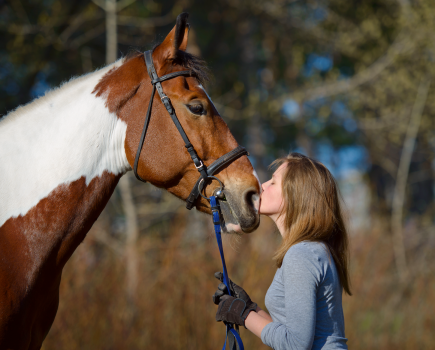The Chair of the Association of British Riding Schools (ABRS) has shared her concern surrounding the impact of the pandemic on riding schools, trekking centres and livery yards.
Jane Williams recently discussed the matter on BBC One and BBC World News, highlighting that riding establishments across the United Kingdom are closing under the cumulative burden of debt, lack of income and ongoing costs for maintaining horses.
The ABRS estimates that more than 10 percent of their members have closed in the past year and “a substantial number” are on the brink of folding.
“Once establishments close they tend to remain closed,” said an ABRS spokesman. “The cost of starting a riding business is high and profits are low; owners run establishments from a love of horses and not an expectation of personal wealth.
“The closure of establishments will have a significant impact on grassroots riding, with a longer-term impact on competitive and elite riding, and will lead to both direct and indirect loss of jobs.
“Riding is a healthy outdoor pursuit for all ages, but particularly children and young people, that positively supports physical and mental welfare; this is especially important now, under the stresses of the pandemic, and important in the future as we move beyond coronavirus back to normality.”
The ABRS said measures must be taken to ensure the remaining equestrian businesses survive the pandemic.
It suggests riding schools, trekking and livery businesses should be permitted to trade during all tier alerts. According to the organisation, the riding environment holds a low covid-risk, as it is outdoors, has no close contact and is undertaken mainly in rural locations.
The ABRS is also calling for further financial support for businesses, through business grants and continued small business rates relief.
The Business Support Grant announced on 5 January was welcomed by ABRS members, but this one-off grant based on rateable values was “insufficient” to support an industry with fixed, ongoing animal welfare costs.









